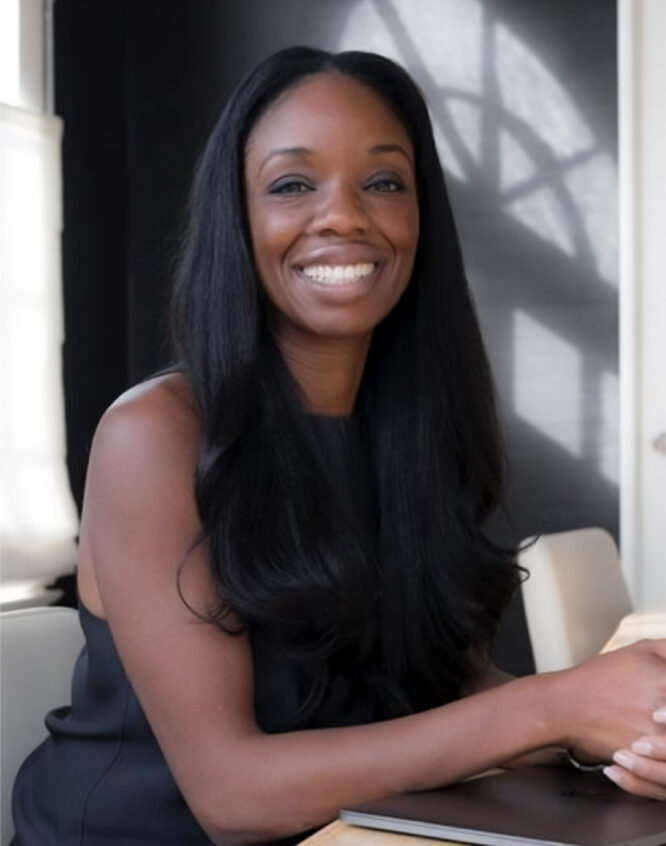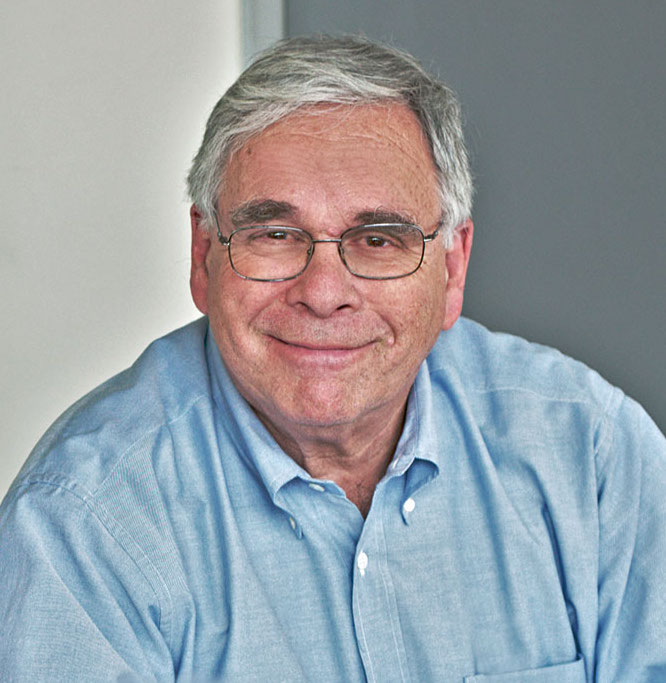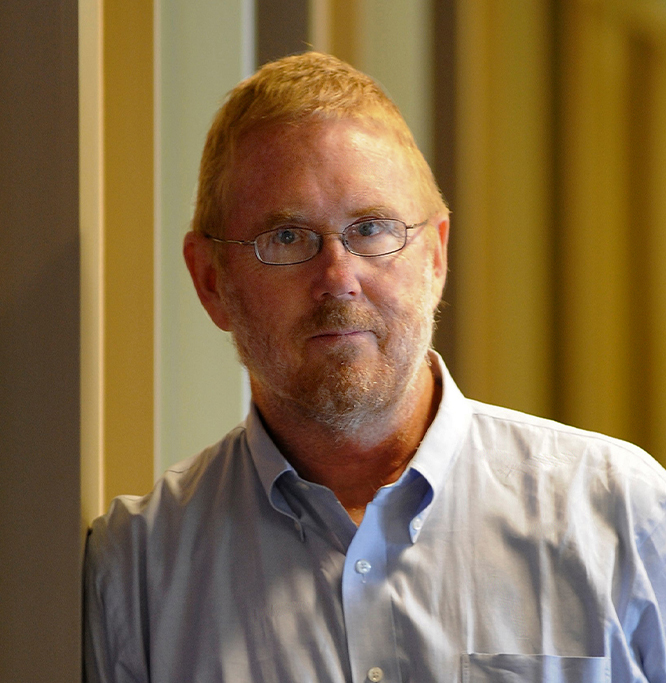Our Advisory Council
Our distinguished and growing Advisory Council provides guidance and insight that helps us explore and navigate the direction of our work.

Dr. Nadine Burke Harris, MD, MPH, FAAP
Senior Advisor
First Surgeon General of California, Physician, ACEs Pioneer
Background
Dr. Nadine Burke Harris is an award-winning physician, researcher and public health leader who has spent her career on the front lines of some of our world’s most pressing public health challenges. As California’s first-ever Surgeon General, she helped guide the state’s COVID response, co-chairing the committee to recommend vaccine allocation and helping California achieve the lowest cumulative mortality of any large state. Amid the throes of the COVID pandemic, Dr. Burke Harris successfully launched a first-in-the-nation statewide effort to train over 20,000 primary care providers on how to screen for Adverse Childhood Experiences (ACEs) and respond with trauma-informed care.
Dr. Burke Harris’ career has been dedicated to serving vulnerable communities and combating the root causes of health disparities. After completing her MPH at Harvard and residency at Stanford, she founded a clinic in one of San Francisco’s most underserved communities, Bayview Hunters Point. It was there that Burke Harris identified Adverse Childhood Experiences as a major risk factor affecting the health of her patients and applied research from the CDC and Kaiser Permanente to develop a novel clinical screening protocol.
In 2011, she founded the Center for Youth Wellness to advance pediatric medicine, raise public awareness, and transform the way society responds to children exposed to ACEs and toxic stress. In this role she founded the Bay Area Research Consortium on Toxic Stress and Health and led the first-ever randomized-controlled trial to validate ACE screening and assess treatment of toxic stress.
Dr. Burke Harris served as a committee member and co-author for the National Academies of Sciences, Engineering and Medicine for the consensus report Vibrant and Health Kids: Aligning Science, Practice and Policy to Advance Health Equity, published in 2019; and as a member of the American Academy of Pediatrics’ National Advisory Board for Screening.
Her work has been profiled in best-selling books including How Children Succeed by Paul Tough and Hillbilly Elegy by J.D. Vance as well as in Jamie Redford’s feature film, Resilience. She has also been featured on NPR, CNN, and Fox News as well as in USA Today and the New York Times. Dr. Burke Harris’ TED Talk, “How Childhood Trauma Affects Health Across the Lifetime” has been viewed more than 10 million times. Her book The Deepest Well: Healing the Long-Term Effects of Childhood Adversity was called “indispensable” by The New York Times.
Dr. Burke Harris is the recipient of the 2023 David G. Nichol Health Equity Award presented by the American Pediatric Society and the American Board of Pediatrics, the Arnold P. Gold Foundation Humanism in Medicine Award presented by the American Academy of Pediatrics and the Heinz Award for the Human Condition. She was named one of 2018’s Most Influential Women in Business by the San Francisco Business Times and one of Capitol Weekly’s Top 100 most influential people in 2020.

Dr. Karestan C. Koenen, PhD
Professor of Psychiatric Epidemiology, Harvard University
Background
Dr. Koenen’s research on PTSD focuses on why some people are more resilient to trauma than others and how the effects of trauma alter long-term physical health. She is also dedicated to expanding access to evidence-based mental health treatment for survivors of violence and trauma.
Dr. Koenen is a co-principal investigator on the NIMH-funded AURORA study, led by Dr. Samuel McLean with Drs. Ronald Kessler and Kerry Ressler. She also co-leads the PTSD working group of the Psychiatric Genomics Consortium, which aims to identify genetic variants that increase risk and resilience following trauma exposure.
Dr. Koenen co-wrote the book “Treating Survivors of Childhood Abuse and Interpersonal Trauma” and leads the Biology of Trauma Initiative at the Broad Institute of MIT and Harvard.

Dr. Richard Krugman, MD
Chairman of the Board, The National Foundation to End Child Abuse and Neglect (EndCAN)
Background
Dr. Richard Krugman is one of the preeminent experts and scholars in the field of child abuse and neglect in this country. Dr. Krugman, Dick as many know him, is a pediatrician and Distinguished University Professor at The Kempe Center. He is the former Director of The Kempe Center and served as both Dean and Vice Chancellor for Health Affairs at the University of Colorado School of Medicine.
In the 1970’s, Dr. Krugman served an appointment with the Public Health Service at the National Institute of Health and the Food and Drug Administration and was a Robert Wood Johnson Health Policy Fellow in Washington D.C. Most notably, Krugman headed the U.S. Advisory Board on Child Abuse and Neglect from 1988-1991.
Throughout his career he has authored over 100 original papers, chapters, and editorials, along with six books. After retiring as Dean, Dr. Krugman co-founded EndCAN — a longtime dream shared with Lori Poland — to help shift the perception of child abuse from being a social and legal matter to a public health issue.

Dr. W. Thomas Boyce, MD
Professor of Pediatrics and Psychiatry, UC San Francisco
Background
W. Thomas Boyce is a pediatrician and Distinguished Professor Emeritus in the Departments of Pediatrics and Psychiatry at the University of California, San Francisco. Previously, he was Associate Dean for Research in the UC Berkeley School of Public Health and the BC Leadership Chair in Child Development at the University of British Columbia, Vancouver. He is past co-director of the Child and Brain Development Program for the Canadian Institute for Advanced Research, is a member of the JPB Foundation Research Network on Toxic Stress in Children, served on the Board on Children, Youth and Families of the National Academies of Science, and was elected in 2011 to the National Academy of Medicine.
Dr. Boyce’s research addresses individual differences in children’s biological susceptibility to social contexts, such as the family, classroom and community. His work, which has generated over 200 scientific publications, demonstrates that a subset of children (“orchid children”) show exceptional biological sensitivity to their social environments and bear higher risks of illness and developmental disorders in settings of adversity and stress. Taken together, findings from his research suggest that supportive and responsive early environments have powerful effects on children’s health and well being. This work is the subject of his 2019 book entitled The Orchid and the Dandelion: Why Some Children Struggle and How All Can Thrive (Knopf).
Stay informed and get the latest updates on our efforts.